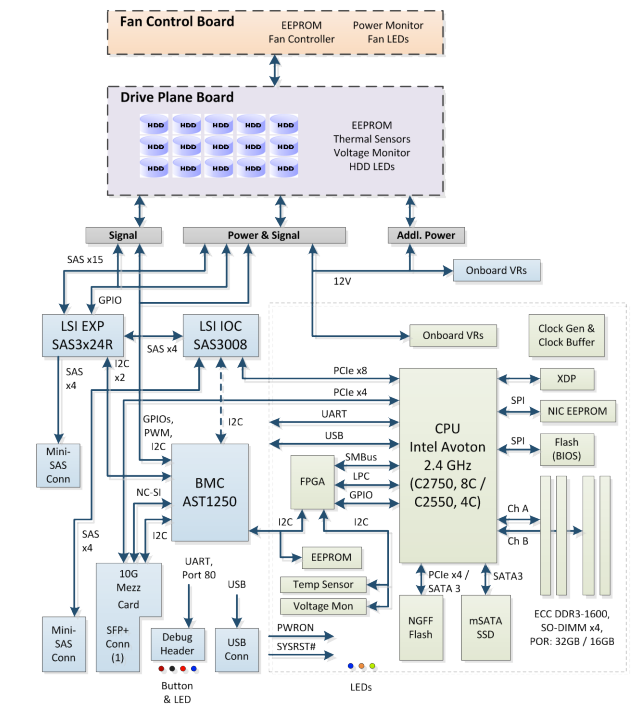The mission of the Open Compute Project (OCP) is to design and enable the delivery of the most efficient server, storage and data center hardware designs for scalable computing. ASSET has just joined the OCP to contribute to the reliability and availability of OCP designs.
The charter of the Open Compute Project (OCP) involves developing open standards for major hardware and software components of the data center: everything from servers to storage systems to top-of-rack switches. Today, Platinum members are AT&T, Deutsche Telekom, Ericsson, Facebook, Fidelity Investments, Goldman Sachs, Google, Hyve Solutions, IBM, Intel, Microsoft, Nexius, Penguin Computing, Quantum Cloud Technology, Rackspace, StackVelocity and Wiwynn. In addition, Gold members number 16, Silver 7, and Community members total 109. The OCP is an extremely dynamic, collaborative community focused on redesigning the data center to support the emergence of the cloud. Facebook, the founding company, estimates that it has saved approximately $2 billion USD over several years, deploying its data centers based upon OCP designs.
There are numerous Projects underway within OCP, in the following areas:
Compliance & Interoperability
Data Center
Hardware Management
High-Performance Computing
Server
Networking
Open Rack
Storage
Telco
And within each Project, there are numerous specifications completed or underway. These are open, detailed technical specifications which cost-optimize the cloud. As an example, under the Storage project, there are complete hardware designs for, as but one example, a Facebook platform for a lightweight compute module for the Open Vault JBOD built for the Open Rack. The block diagram for this Intel Avoton-based “Honey Badger” design looks like this (more detail is at the Storage Wiki):
A major contribution to the reliability and availability of these systems revolves around the OpenBMC initiative, which is a software stack for the Baseboard Management Controller (BMC), a device on each board used for system management functions. One application could be to design in run-control based debug and forensics capability into each system. For more information, a technical overview of this application is available on our website at ScanWorks Embedded Diagnostics.



